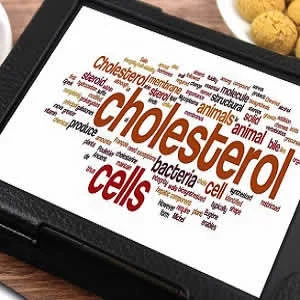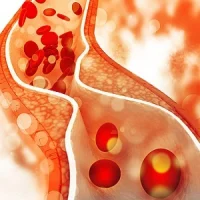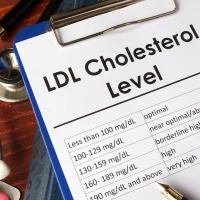Although some investigators have considered cholesterol the cause of atherosclerosis for several decades, data from two recent studies provide clear evidence that cholesterol is the villain, according to an Editorial article to appear in The American Journal of Cardiology. The article is available online as an accepted manuscript.
In 27 April, 26 authors, mainly from Europe, published an article titled “Low-density lipoproteins cause atherosclerotic cardiovascular disease...,” a consensus statement from the European Atherosclerosis Society Consensus Panel.
William Clifford Roberts, MD, of the Baylor Heart and Vascular Institute at Baylor University Medical Center (Dallas, Texas), author of the Editorial, says he's glad to read the statement that soundly supports the view that cholesterol is the cause of atherosclerosis. "Although I found the article unnecessarily difficult, the message is loud and clear," he writes. "So when your physician recommends a statin drug or ezetimibe or one of the PCSK-9 inhibitors, take it. These drugs are safer than almost any drug one can put in his/her mouth."
Another important study cited in the Editorial is titled “Long-term safety and efficacy in achieving very low levels of low-density lipoprotein cholesterol..." This study, by 11 prominent authors, examined 15,281 patients to determine whether achieving an LDL-cholesterol level <30 mg/dL was safe. The study was carried out over a six-year period. The patients with these low levels were compared to those with higher levels. The study findings, published by JAMA Cardiology in March 2017, provide reassurance regarding the longer-term safety in patients achieving LDL-cholesterol levels <30 mg/dL.
To emphasise the importance of having low levels of LDL-cholesterol, Dr. Roberts shares his own personal experience. "I have been on a statin (plus ezetimibe most years) for nearly three decades and my most recent lipid values in mg/dL were as follows: total cholesterol 108; LDL cholesterol 27; HDL cholesterol 68, and triglycerides 45," he says.
While some physicians worry that these "very low levels" of LDL-cholesterol are dangerous, Dr. Roberts says the recent JAMA study is indeed reassuring that they are not dangerous. It appears that LDL-cholesterol levels have to be <50 mg/dL to prevent the formation of atherosclerotic plaques, he adds.
Image Credit: Blue Diamond Gallery
References:
Clifford, William R. (2017) Cholesterol is the Cause of Atherosclerosis. The American Journal of Cardiology. doi.org/10.1016/j.amjcard.2017.07.071
Latest Articles
atherosclerosis, LDL-C, HDL-C, cholesterol
Although some investigators have considered cholesterol the cause of atherosclerosis for several decades, data from two recent studies provide clear evidence that cholesterol is the villain, according to an Editorial article to appear in The American Jour










